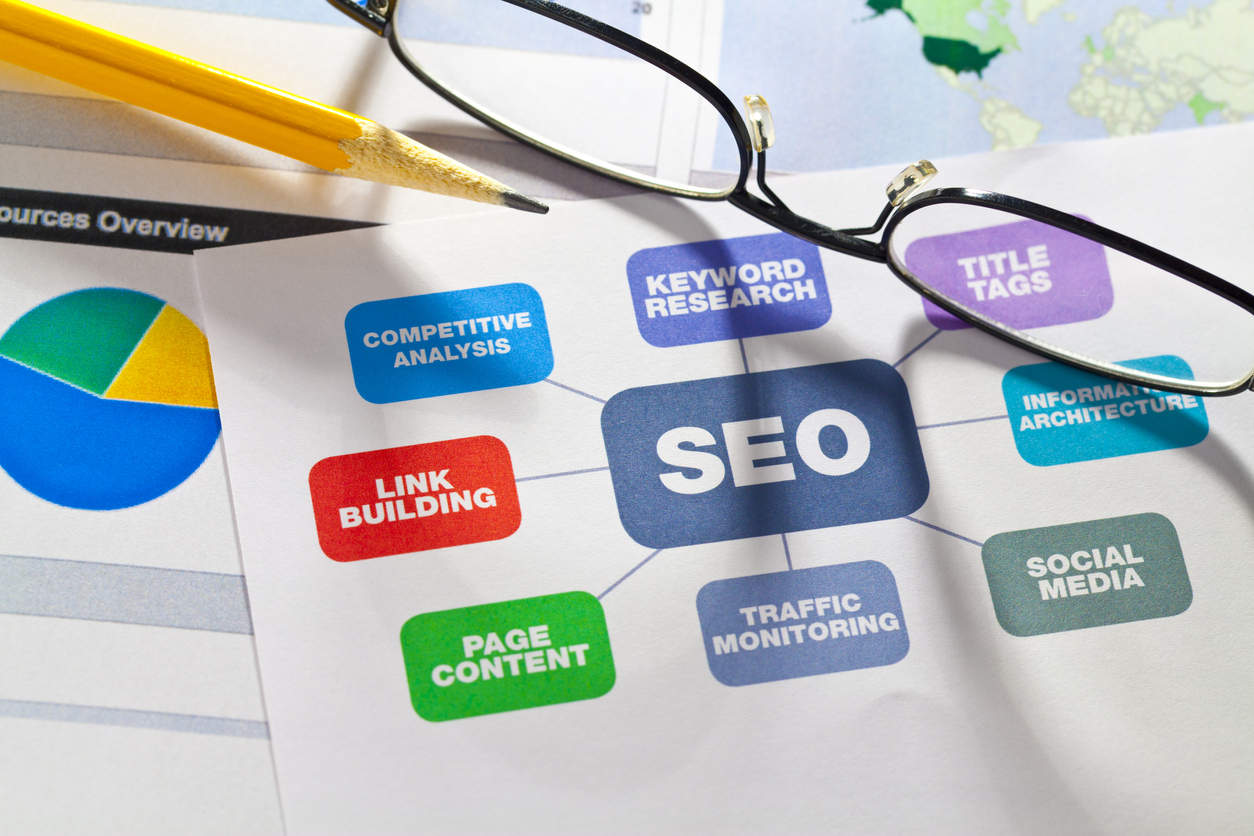Every year there is a new strategy or technology that comes up that will triumph over the rest. It’s why we’ve been hearing that “SEO is dead” or “SEO doesn’t matter” for years.
But the fact is that SEO is very much a part of the online conversation.
Here’s why.
Why It’s Stil Important in 2022
Out of all the reasons why SEO still reigns supreme in 2022, this one tops the lot: the demand and use of online users.
According to a study by Bright Edge, organic traffic counted for more than 51% of all website traffic. This study is also backed up by SEOInc, who stated that “organic traffic is growing and has reached 53% in 2021. More than 75% of B2B traffic is coming from organic and paid searches.”
These two stats show that despite the rise of paid and social media traffic, organic traffic still ranks top. However, there are several other key benefits of why SEO is popular amongst businesses, big and small:
- Users demand to know more about products and services. In the age of the millennial, users want to know what they’re buying before they actually buy it. This is different from the old-school shopping back before the internet. SEO plays an important role because it allows users to find information about specific products and services.
- It’s cheaper and more cost-effective. While SEO is not free (despite those blog posts saying they are), it is significantly cheaper and more cost-effective than paid marketing and advertising. Once you start ranking, you’ll be able to bring in more traffic and generate more sales, saving money in the process.
- Local SEO is such a foundational piece of the pie. Local SEO (which is just like regular SEO but highly and heavily focused on local searches) is essential for local businesses to bring in sales and leads. Restaurants, cafes, even plumbers and lawyers use this form of SEO, mainly through Maps, Google My Business profiles and directories.
- Google still relies heavily on SEO as it wants to provide users with the best information possible. So if you rank on the first page of Google for numerous keywords, you’re likely to generate more traffic and sales in the long term.
- The rise of mobile searches is pivotal to SEO. This point directly links to Maps and Local SEO because people are using their phones and devices to search instantly for places to go, products to buy and services to experience at the moment. SEO provides users with information on where to go and why.
- People don’t trust advertising. In the report, Millennials: Trust & Attention Survey, written by The McCarthy Group, it was discovered that “84% of the millennial respondents said they don’t like and don’t trust advertising.” What does mean for SEO and businesses? For the latter, it means that people are trusting less of it because they think it’s untrustworthy. For the former, it means people rely on it more so, because “it’s organic” and they trust it comes from reliable sources.
As you can see from the research and the data, SEO isn’t going away any time soon. It’s merely about maximizing its potential.

How Do I Maximize its Potential?
There are a few key steps that you can take to get your SEO campaign working like a well-oiled machine.
- Determine the keywords you want to use to reach your desired audience. This is crucial for your campaign as a whole.
- Ensure your website has a great UX flow to it, is easy to navigate and is properly designed for maximum readership and conversion.
- Create high-quality content that speaks to your audience effectively. Make it original, unique and well-researched.
- Ace your on-page SEO, such as Page Title, URL and meta description. The same applies to your headers (H1, H2, H3 etc) and the use of keywords within your content.
- Focus on off-page SEO, such as link building, guest blogging, email marketing and social media to help generate interest in your website.
- Site speed, loading times, broken links, 403 errors – all these are part of technical SEO and need to be handled so your website (and SEO) runs effectively.
- Test, review and test again. SEO is always changing, which means you always got to keep adapting your campaign in order to get the best results possible. Set 3, 6 and 12-month reviews to assess your campaign and what changes you can make.
- Ask for help from SEO experts. If you’re struggling with rankings or can’t generate any interest in your website, turning to experts can prove helpful for you and your campaign.
So is still worth it? Hell yes, it is! Make sure you make it a part of your overall online campaign if you want to experience consistent results and success.
